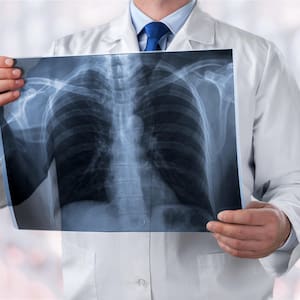
Higher consumption of most ultra-processed foods is linked to a slightly higher risk of death, with ready-to-eat meat, poultry, and seafood based products, sugary drinks, dairy based desserts, and highly processed breakfast foods showing the strongest associations, finds a 30-year US study in The BMJ today. The researchers say not all ultra-processed food products should be universally restricted, but that their findings "provide support for limiting consumption of certain types of ultra-processed food for long term health." Ultra-processed foods include packaged baked goods and snacks, fizzy drinks, sugary cereals, and ready-to-eat or heat products.
They often contain colors, emulsifiers, flavors, and other additives and are typically high in energy, added sugar, saturated fat, and salt, but lack vitamins and fiber. Mounting evidence links ultra-processed foods to higher risks of obesity, heart disease , diabetes and bowel cancer , but few long term studies have examined links to all cause and cause specific deaths, especially due to cancer. To address this knowledge gap, researchers tracked the long-term health of 74,563 female registered nurses from 11 US states in the Nurses' Health Study (1984-2018) and 39,501 male health professionals from all 50 US states in the Health Professionals Follow-up Study (1986-2018) with no history of cancer, cardiovascular diseases, or diabetes at study enrollment.

Every two years, participants provided information on their health and lifes.















